Colon Health Insights
Resources and tools to support your colon health.
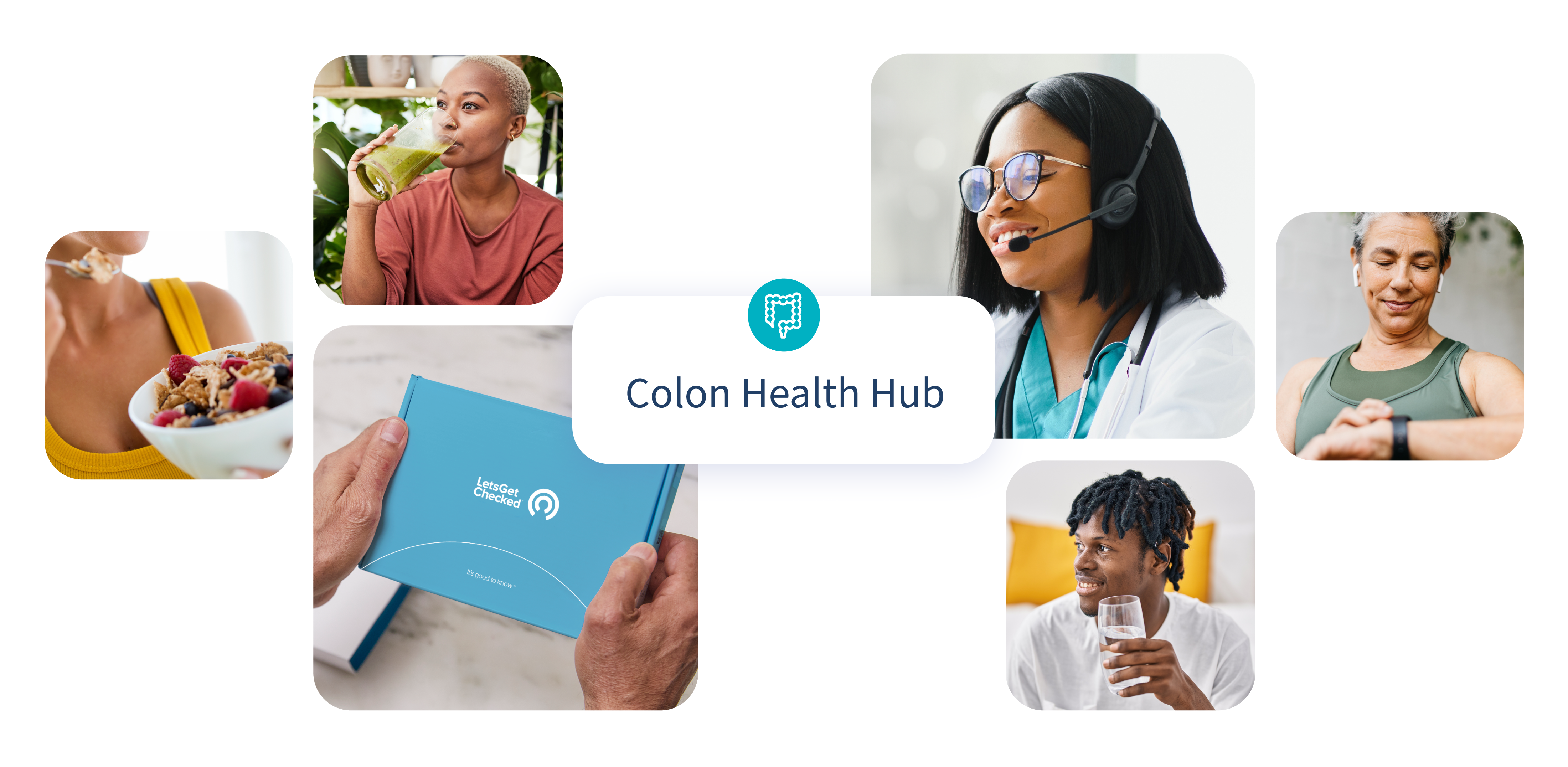
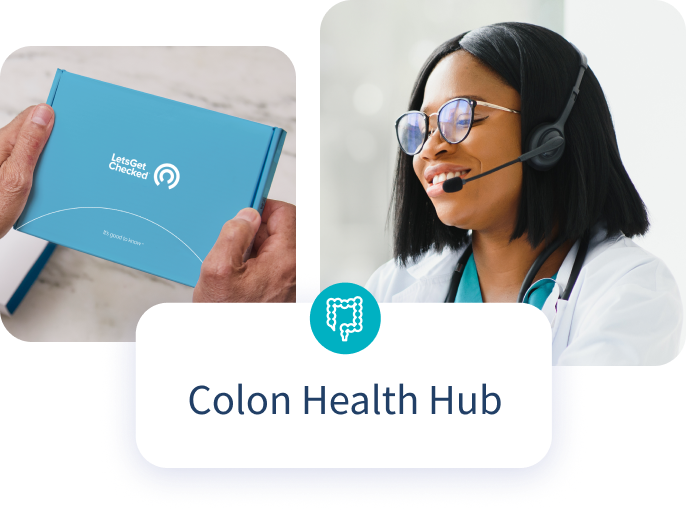
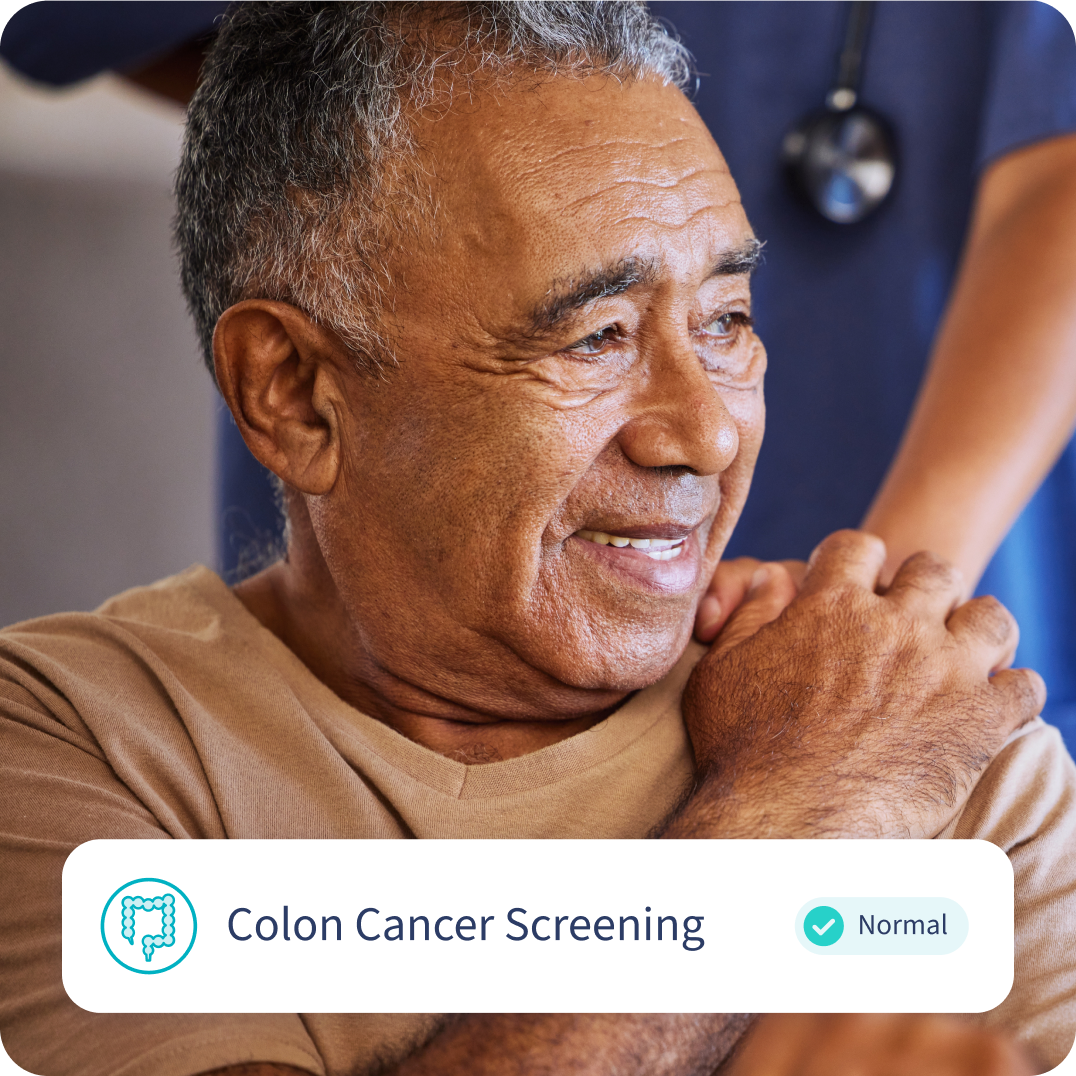
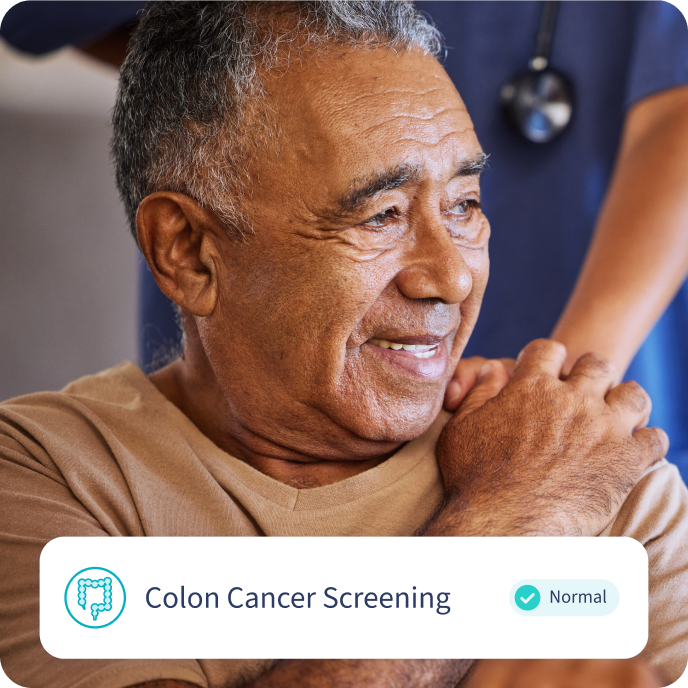
Understanding colon health
What is the function of the colon?
The colon is a key part of the digestive system, absorbing water and electrolytes from undigested food and helping to eliminate waste.
What is colorectal cancer?
Colorectal cancer is a type of cancer that develops in the colon or rectum. Depending on where the cancer starts, it can be called colon cancer or rectal cancer.
What causes colon cancer?
Colon cancer can develop from abnormal growths called polyps. Factors such as age, family history, poor diet, tobacco use, and alcohol consumption can contribute to its onset.


In early 2023, the American Cancer Society reported that nearly double the number of young adults under 55 were being diagnosed with colorectal cancer than a decade ago, and more are dying from the disease each year.
Source: American Cancer Society, Colorectal Cancer Facts and Figures 2023-2025
Your most asked questions

How do you know if your colon is healthy?
Regular bowel movements, consistent stool color, and no signs of blood in the stool are indicators of a healthy colon. Regular screening can help to give insight into your colon health.¹

Can colon cancer be cured?
If detected early, colon cancer can be cured. Regular screenings, following a healthy lifestyle, and knowing the risk factors you can’t control (ie. family history) can contribute to the prevention and early detection.²

How can you improve colon health?
Following a balanced high-fiber diet, staying hydrated, moving regularly, avoiding tobacco products, moderating alcohol consumption, and undergoing regular screenings can all contribute to a healthier colon.
Learn more with LetsGetChecked

Five lifestyle factors that can help reduce the risk of colorectal cancer
Studies suggest colorectal cancer risk can be reduced by making healthy lifestyle changes. Here's what you need to know.

Is the Fecal Immunochemical Test ( FIT) Right For You?
There are many colon cancer screening options. Learn more about the fecal immunochemical test (FIT) so you can stay on top of screening.

5 simple steps you can take now to help prevent colon cancer
Changing your habits could lower your risk of colon cancer. Here are some recommended changes you can make today to support your colon health.

Colon cancer rates are rising among young people: Here's what to know
Those diagnosed with colorectal cancer are becoming younger. This is what to know about the rise in rates among young adults.
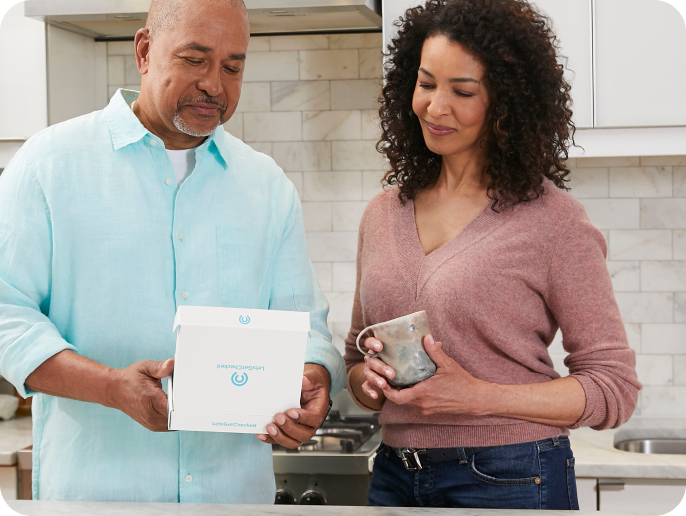
Everything you should know about Colonoscopies
This is what to know about a colonoscopy including why it may be done and what to expect from the procedure.
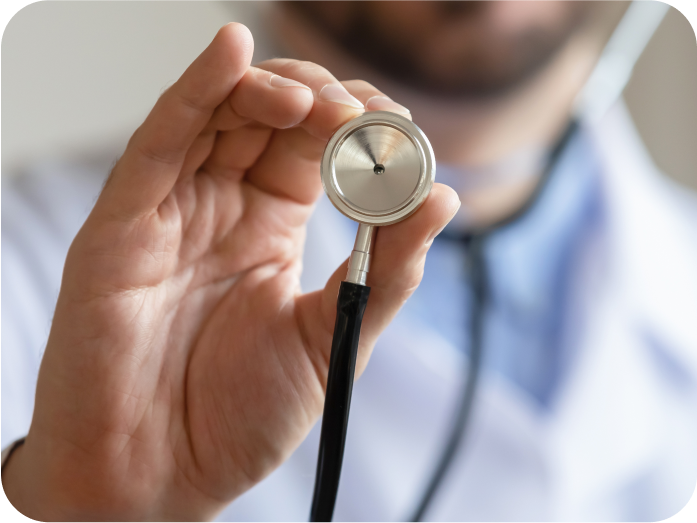
The 5 most common types of cancer globally
Cancer is a leading cause of death worldwide. This is what to know about the top 5 most common types globally.
Care for your colon
Colon Cancer Screening
Get peace of mind from this convenient screening option to detect hidden blood in the stool
Please note that the following is for educational use only and is not a substitute for medical advice. This content cannot diagnose or provide information about treatment. Consult with your healthcare provider if you have any concerns or need specific medical advice relating to any symptoms, conditions, diagnosis, or treatment. Do not delay seeking medical advice and do not disregard professional medical advice based on this content. Your healthcare provider can provide the most suitable guidance based on your situation.





